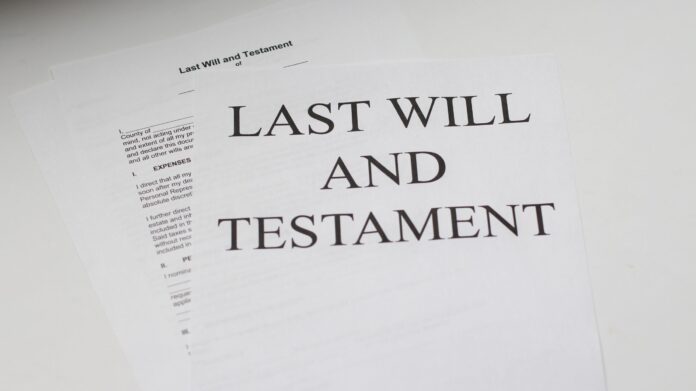
Q: My partner and I bought a house about three years ago. We knew the elderly man who lived in the house had passed away. It took a long time for the property to close as there were problems with “the family”. Recently, one of the children (not the person who sold the property) turned up at our house with a copy of a will. The will said that the property was not to be sold until that child married (he is not yet married), and so is telling us that we need to leave the home. My solicitor has said that there’s nothing to worry about, but the will appears to be very clear. Should we be worried?
Dear Reader,
The first thing that you should do is stay in close contact with your solicitor, who should write to the solicitor for the vendor (seller), and the other child if necessary, to confirm and clarify the position.
Situations like this can occur, although they are not terribly common. There are a number of reasons why the will you have been presented with may be an unenforceable document.
Firstly, the deceased may have made a subsequent will changing their wishes, the document that you have been presented with may not have been executed in accordance with the law, there may have been legal proceedings, etc. It may also be the case that the will was discovered at some point after the sale of the house closed.
Even if the will you have been presented with was valid and was submitted to probate, often the family are able to agree between themselves that certain steps can and should be taken.
Your solicitor should ensure that the property is fully registered in your name. If they hold a copy of the Grant of Probate they should compare the same to the copy will that you have been furnished with.
Even if the probate that was furnished at the time of sale contains contrary provisions, it is important to note that the Property Registration Authority do not ‘look behind’ a Grant of Probate or Administration, i.e. they accept that the personal representative (the vendor of the home in this case) has the legal authority to sell the property and act on foot of the same.
You are protected as a purchaser for value, and if anything improper took place it was most likely in the hands of the executor of the estate, and not in your hands or your solicitor’s.
Still, you should ensure that you stay in close contact with your solicitor.










